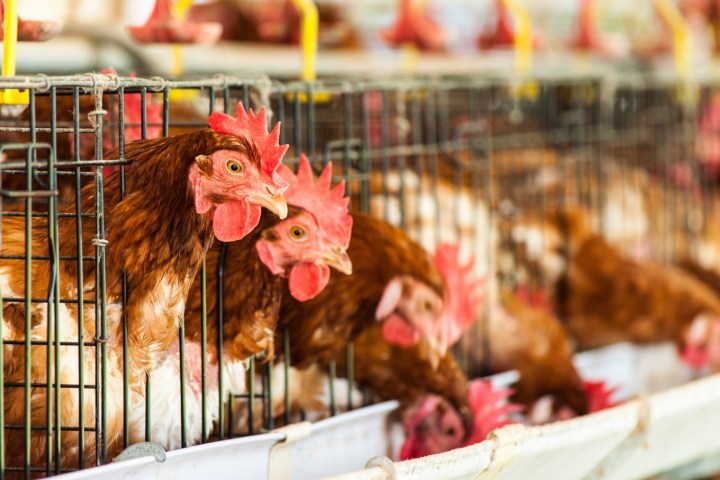
According to Imelda Saad of China NewsAsia, researchers in Singapore began studying the connection between social media platforms and combating the spread of infectious disease during the bird flu outbreak in China that occurred in 2013. The research included data analytics for discovering patterns and comparing information from social networking sites such as Weibo with the World Health Organization, health authorities, and news websites.
Researchers found social media networks to be particularly helpful in providing timely and relevant information especially during times of crisis. In the example of bird flu, social media was integral in discovering and tracking first-hand reports — sometimes as quickly as one hour before any other informational sources, and almost always much faster than through traditional methods of the past.
The information not only helped to track down the instances of infectious disease faster but also provided information about the disease, such as the lifestyle history of sufferers and patient symptoms, both elements that have been a focus of many health-related studies around the world.
“There was actually a patient who is a vegetarian,” explained Dr. Yang Yinping of the Institute of High Performance Computing in Singapore, “That means this person shouldn’t eat chicken, but he still got infected. So this is important lifestyle information for epidemiologists and clinical professionals to take into account, because this basically means the human-to-human transmission started.”
In China, however, using social media as a tool for monitoring has faced complications, especially given the government’s past role in managing and overseeing platforms like Weibo. Also, according to the researchers, the wealth of information available online caused difficulty in sifting through and determining exactly which information was real and which was not, and required filtering techniques for verifying information. Because of the research, however, researchers have been able to gather information in real-time to track any potential disease outbreak that should occur.


